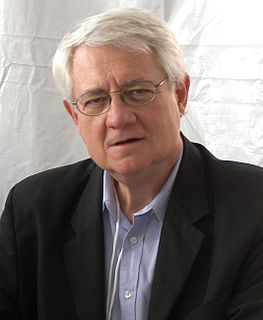A Quote by Ilana Mercer
Any opinion writer worth his salt would have rejected the quaint notion that certain eternally aggrieved identity groups have exclusive linguistic rights to words in the English language.
Related Quotes
English general and singular terms, identity, quantification, and the whole bag of ontological tricks may be correlated with elements of the native language in any of various mutually incompatible ways, each compatible with all possible linguistic data, and none preferable to another save as favored by a rationalization of the native language that is simple and natural to us.
In this society, the norm of masculinity is phallic aggression. Male sexuality is, by definition, intensely and rigidly phallic. A man's identity is located in his conception of himself as the possessor of a phallus; a man's worth is located in his pride in phallic identity. The main characteristic of phallic identity is that worth is entirely contingent on the possession of a phallus. Since men have no other criteria for worth, no other notion of identity, those who do not have phalluses are not recognized as fully human.
James Joyce's English was based on the rhythm of the Irish language. He wrote things that shocked English language speakers but he was thinking in Gaelic. I've sung songs that if they were in English, would have been banned too. The psyche of the Irish language is completely different to the English-speaking world.
There are some people that aren't into all the words. There are some people who would have you not use certain words. Yeah, there are 400,000 words in the English language, and there are seven of them that you can't say on television. What a ratio that is. 399,993 to seven. They must really be bad. They'd have to be outrageous, to be separated from a group that large. All of you over here, you seven. Bad words. That's what they told us they were, remember? 'That's a bad word.' You know bad words. Bad thoughts. Bad intentions.





































